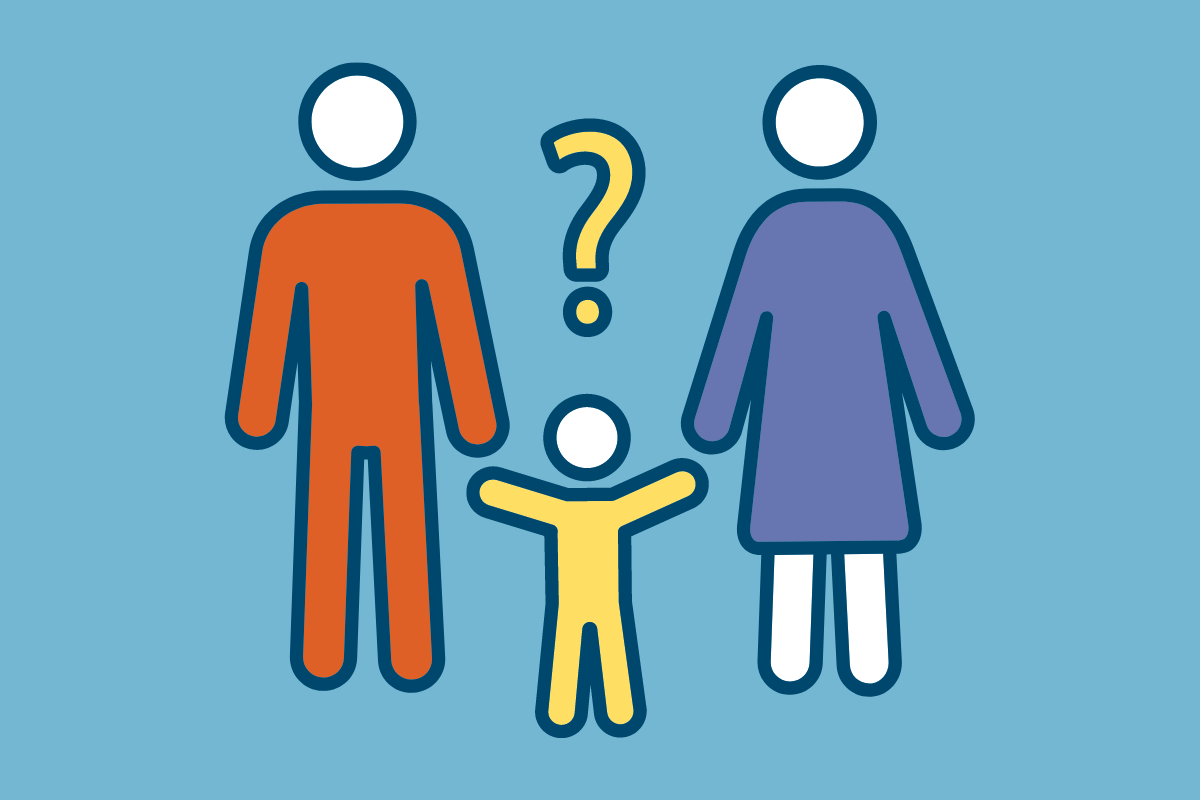It’s no secret that 2020 has been a difficult year for many of us. The COVID-19 outbreak and related stressors (e.g. social isolation and financial instability) have exacerbated pre-existing anxiety disorders and other mental health disorders.
Our mental health influences how we think, feel, and act every day. It can have a big impact on how we interact with the people in our lives – especially those closest to us.
New research from Relationships Australia reveals the importance of relationships in supporting and maintaining our mental health, and how mental ill-health can impact our intimate relationships.
This survey was conducted during COVID-19 and offers some interesting insights into the challenges during this tough time.
Sensing a Struggle
Promisingly, most people feel they can recognise a change in their mental health and that of their close companions.
A whopping 96% of people reported that they can either always (46%) or sometimes (50%) tell if their own mental health is suffering.
95% of people said they know when a close companion’s mental health is suffering. Although, only 29% claimed they could always notice this change, while the majority (66%) could sometimes notice it.
Discussing Mental Health
Interestingly, people reported feeling more comfortable discussing their mental health with their friends (72%) than their family (53%).
70% of people reported feeling very (30%) or somewhat (40%) comfortable talking about their mental health with their partner.
33% of respondents reported feeling comfortable talking about their mental health with their colleagues. This could indicate that the topic of mental health is becoming less taboo in workplaces.
People felt least comfortable discussing their mental health with their neighbours.
The results show we’re more comfortable discussing the mental health of those around us than of ourselves. While only 2% of people felt very comfortable discussing their own mental health with their neighbours, 21% felt very comfortable discussing their neighbours’ mental health.
6% of people reported feeling very comfortable discussing their own mental health with their colleagues, compared to 28% who felt very comfortable discussing their colleagues’ mental health with them. 13% of people reported feeling very comfortable talking about their own mental health with their family, while a whopping 49% felt very comfortable discussing their family’s mental health with them.
Overall, 99% of people reported feeling comfortable discussing other people’s mental health, showing that we are willing to offer an ear when needed, even if we may not be comfortable seeking support ourselves.
Impact of Mental Health on Relationships
Unsurprisingly, a huge 88% of participants agree that their mental health affects the health of their relationship, and 84% agree that their partner’s mental health affects the health of their relationship.
Despite this result, 50% of people reported they would not let the fact that another person was suffering mental ill-health discourage them from beginning or continuing a relationship with that person.
Seeking Help
The study revealed that we prefer to seek help in person. Most respondents (66%) reported they prefer to seek professional help in person, while only 19% stated they would seek professional help online.
11% of respondents said they would not seek help at all, and 9% said they would not know where to go for help.
A massive 64% of participants indicated they would seek help from the people closest to them. However, 45% said they felt uncomfortable or very uncomfortable talking to their close contacts about their mental health.
If you’re having a tough time, talking to a counsellor might help. Our counsellors can help you explore the issues that are causing concern and support you to find solutions. You can learn more about our counselling services here, or call us on 1300 364 277 to book an appointment.
You can read the full survey results here.


